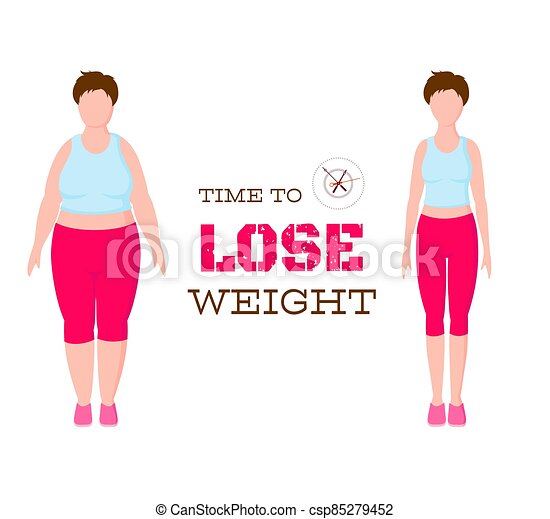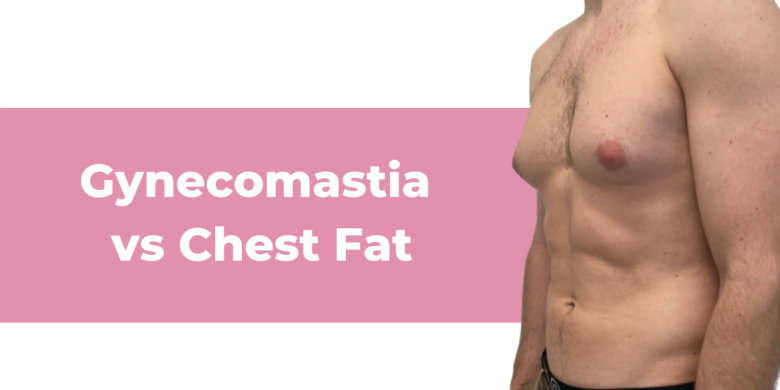
Following a diet plan is one way to lose weight in a matter of hours. Limit sodium intake, limit carbs, and eat only single-ingredient, natural foods. This will increase your metabolism and allow you to take advantage of the thermogenic effects of the food you eat. Although you can eat up to three servings of natural whole carbohydrates at breakfast, the majority of your meals should include protein and fresh green vegetables.
Limiting sodium intake
Salt is vital for our health. However, it is important to limit how much salt we consume. Too much sodium can raise our blood pressure, contribute to other health problems, and increase our risk for heart disease. Although sodium is essential for food, it can lead to a tipping of the scale. Too much sodium can cause our bodies to retain water which can lead to weight gain. To reduce the risks, limit your intake of salt.
Taking a Epsom salt bath
One of Elle McPherson’s trainers claimed that Epsom salts are the key to her body's health. James Duigan, a well-being expert, claims Epsom salts can help you lose body fat. Is this true? Read on to learn more about this remedy. However, an Epsom salt bath should not be considered a diet.
Fasting
Depending on your body size, fasting can help you lose a couple of kilograms or a few inches each month. Some people who fast experience an increase their energy and brain function. But before you begin this weight loss journey, make sure you are aligned with yourself, your body, and your soul. A modified fast includes two cups of greens with olive oil and a handful of almonds for five days.

Night fasting
Your body can take advantage its natural active-rest rhythms by fasting at night. Your nighttime fast should be started three hours before bed and continued for twelve hours. The body gets its energy from body fat and sugar. Sugar is not difficult to burn, unlike muscle. Therefore, the body stores it in muscles, liver, and blood. The body uses these sources of energy when it runs out of it.
FAQ
Why exercise is important to weight loss
The human body is an incredible machine. It was created to move. Move your body to stay healthy, whether you are running, swimming, biking or lifting weights.
Exercise also burns calories and improves muscle tone. This makes you feel better physically and mentally. Exercise is an important part of weight loss.
-
Exercise increases metabolism. When you exercise, your body uses energy. Moves increase heartbeat, blood flow, and oxygen absorption. All of these activities are energy-intensive. You can burn calories more easily by exercising and increasing your metabolic rate. Calories refer to how much energy you use during physical activity.
-
Exercise reduces appetite. You will eat less when you exercise, and you will eat fewer calories during the day.
-
Strengthening your muscles through exercise is key. Muscle tissue requires more energy to function than fat tissue. If you build muscle mass, you will require less food to maintain your weight.
-
Exercise releases endorphins. Endorphins are hormones that make you happy. They are released into your bloodstream when you exercise. Endorphins have been shown to prevent pain signals from reaching your brain. This gives you a feeling of well-being.
-
Exercise boosts self-esteem. People who exercise regularly tend to have higher self-esteem. People who exercise regularly live longer and healthier lives.
If you want to lose weight, start with small changes. You can add one of these tips into your daily life today.
Is cardio a way to quickly lose weight?
Cardio exercises can be great for burning calories but not necessarily helping you lose weight. It all depends upon how much fat you have stored, and what type or exercise you do.
Cardio exercises may not be sufficient to lose weight if you are overweight.
These should be combined with diet and other forms of exercise.
If you are looking to lose weight quickly, cardio exercises such as running and jogging can be helpful. These cardio exercises burn more calories than any other type of exercise.
However, resistance training is required if you wish to build muscles and not lose weight. Resistance training is done with no cost weights, machines, elastic bands, or other equipment.
To lose weight fast, you need to combine cardio exercises with resistance training.
For fast weight loss, combine resistance and cardio training.
How long should I do Intermittent fasting to lose weight?
It is not as easy as you think. There are many factors that need to be taken into consideration when deciding how many days of fasting is necessary for optimal fat loss. These include:
-
Your age. You may find intermittent fasting too difficult if you're younger (under 40) because you have less time between fasts. However, intermittent fasting may be too difficult for older people (over 60) who might not have the energy to continue a long period of daily fasting.
-
Your current body composition. Your current body composition. If you have a lot more muscle mass than you need, then you will likely be more successful with longer fasting periods. You may find shorter fasting more beneficial if your muscle mass is low.
-
How active you are. You may need to increase your fasting time if you exercise often. This will ensure you get enough rest between workouts.
-
Your medical history. Some people with medical conditions like diabetes, heart disease, cancer, etc., may require additional fasting monitoring.
-
How do you handle stress? Stressful situations often make us eat less. You might need to lengthen your fasting windows in order not to have this problem.
-
Your diet. Certain diets, like ketogenic diets, may require even longer fasting periods.
-
The quality of sleep you receive. The quality of your sleep is also a factor in increased appetite and decreased metabolism. Therefore, it may take some experimentation before determining what works best for you.
-
The amount of protein you consume. The ability to stabilize blood sugar levels. Eating more protein can lead to lower insulin levels. This would allow one to fast for longer periods.
-
It doesn't matter if you want to gain or lose fat, those who are trying for weight gain will often require longer fasting periods.
-
How many calories do you consume in your fasting windows? Fasting for fewer calories per days may lead to greater fat loss than fasting with more calories.
-
Your overall fitness level. A person who is very fit will burn more calories every day because they are faster.
-
Your gender. Women tend to have a greater appetite than men, so they might need to fast for longer periods. Women are more likely to have smaller appetites and may need to fast only 20-30 minutes every day.
-
Your lifestyle. Are you someone who does a lot of exercise? Do you work out several times a week? Are you a worker who sits at a computer all day? These factors could affect how much you should fast.
-
How much money are you willing to spend on food? Not all healthy food means you need to spend a lot more on groceries. Whole grains are better than white bread and whole fruits are better than candy bars. Lean meats can also be saved.
-
It's important to manage your hunger. You might not have to fast as much if your hunger isn't a problem.
Statistics
- One 6-month study showed that simply doing 11 minutes of strength-based exercises 3 times per week resulted in a 7.4% increase in metabolic rate, on average. (healthline.com)
- Another study found that 24 weeks of weight training led to a 9% increase in metabolic rate among men, which equated to burning approximately 140 more calories per day. (healthline.com)
- According to Harvard Health, it's estimated that a 155-pound (70-kg) person burns around 167 calories per 30 minutes of walking at a moderate pace of 4 mph (6.4 km/h) (5). (healthline.com)
- According to a study sponsored by the American Council on Exercise, a person weighing around 140 pounds (64 kg) would burn 108 calories at a 30-minute beginner's Pilates class or 168 calories at an advanced class of the same duration (26). (healthline.com)
External Links
How To
How to quickly lose belly weight?
You should know that losing bellyfat is difficult. It takes dedication, hard work, and dedication. These tips will help you achieve your goals.
-
Eat Healthy Food. It is vital to eat healthy food. Healthy food includes fruits, vegetables, whole grains and lean proteins.
-
Drink Water. Water is good for you. It keeps your body hydrated so that you feel satisfied and full for longer periods. Drink plenty of water each day.
-
Cardio Exercises. Cardio exercises are great for building muscle mass and helping you burn more calories. They also improve your heart health and boost metabolism. Do 30 minutes of cardio exercise each day.
-
Get enough sleep. Healthy sleep is essential for good health. A lack of sleep can lead anxiety and stress that can then be exacerbated by unhealthy habits like smoking and drinking.
-
Stress levels can be reduced. Stress affects our brain chemistry and hormonal levels. Cortisol, a hormone which increases hunger pangs as well as cravings to eat high-calorie foods, is released when we're stressed.
-
Take regular breaks. Take regular breaks throughout each day. Get out and take a stroll or a brief nap. This allows your mind and body to relax and allow you to recover.
-
Avoid Alcohol Consumption. Alcohol can cause empty calories and slow down digestion. You should avoid alcohol if your goal is to lose belly fat.
-
Have fun!